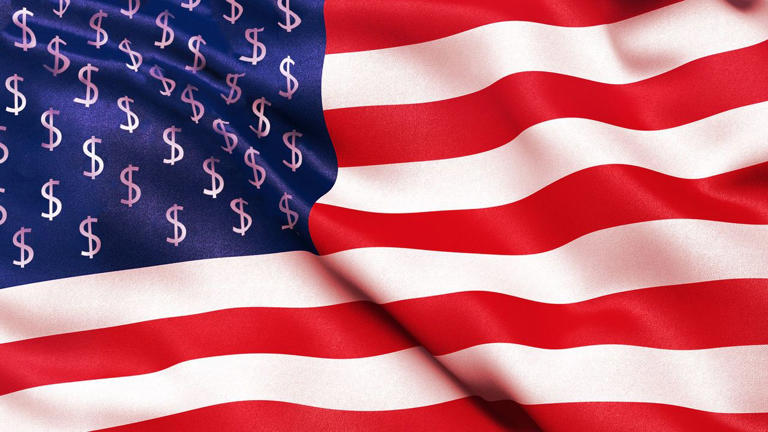The unwavering confidence of global investors in the stability and reliability of the U.S. government is not merely a matter of financial preference but a cornerstone of the international financial architecture. This confidence is deeply rooted in the perception of the United States as a bastion of political stability, institutional integrity, and economic resilience. It is this perception that underpins what economists often refer to as the “safe harbor premium,” a phenomenon where investors flock to U.S. assets seeking safety and security in times of uncertainty.
The significance of this safe harbor premium cannot be overstated. It translates into tangible benefits for the United States and its citizens, including lower borrowing costs for governments, businesses, and households. Additionally, it attracts foreign investment, bolstering economic growth, job creation, and overall prosperity. The stability of the U.S. financial system is not only a source of strength domestically but also serves as a stabilizing force in the global economy, providing a safe haven during periods of volatility or crisis.
However, the enduring nature of this confidence should not be taken for granted, as highlighted by the warnings of economists like Ernie Tedeschi. His analysis underscores the potential risks associated with any erosion of trust in U.S. political and economic institutions. Such erosion could arise from various sources, including political turmoil, contested elections, or perceived threats to the rule of law.
Investors, both domestic and international, carefully assess the political and economic landscape of countries before allocating capital. In emerging markets, where political instability and regulatory uncertainty are more common, investors demand higher returns to compensate for elevated risks. In contrast, advanced economies like the United States typically enjoy a lower risk premium due to their perceived stability and transparency.
Tedeschi’s research provides quantitative insights into the potential economic ramifications of a loss of confidence in U.S. institutions. Even a slight increase in the risk premium, akin to what Britain experienced post-Brexit, could have significant consequences for household wealth and GDP growth over the long term. In more extreme scenarios resembling the economic turmoil witnessed in countries like Italy or Greece, the impact could be even more severe, potentially leading to prolonged periods of economic stagnation or decline.
The implications of these findings extend beyond the realm of economics. They underscore the critical importance of maintaining strong and resilient political institutions, upholding the rule of law, and fostering an environment conducive to economic growth and prosperity. Any signs of political instability or institutional weakness could erode investor confidence, triggering capital flight, higher borrowing costs, and slower economic growth.
In essence, the U.S. safe harbor premium is not a given but rather a reflection of the country’s commitment to democratic governance, robust institutions, and free-market principles. Safeguarding this premium requires continual vigilance, ensuring that the United States remains a beacon of stability and opportunity in an increasingly uncertain world.
